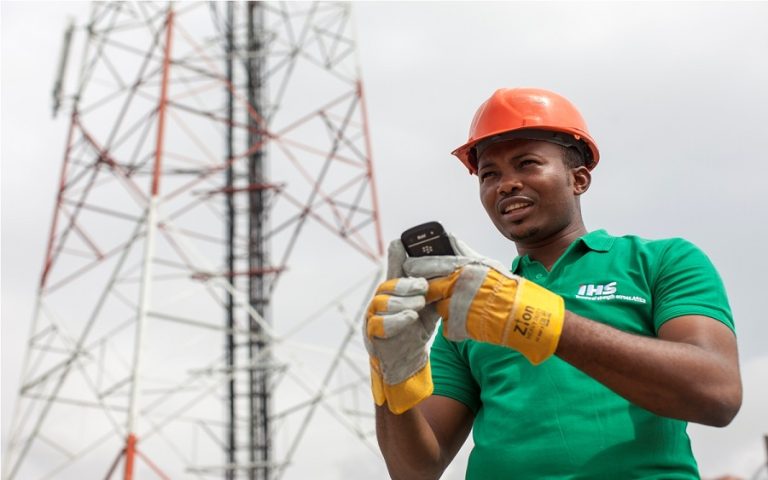Telecom infrastructure company, IHS Nigeria, said it has completed the rollout of more than 10,000 kilometers of fiber optic cables across Nigeria’s 36 states and the Federal Capital Territory through its subsidiary, Global Independent Connect Limited (GICL).
This comes as a boost to the federal government’s ongoing efforts to increase broadband penetration in the country.
Through the Nigeria National Broadband Plan (NNBP 2020-2025) the country is targeting 70% broadband penetration by 2025.
However, inadequate fibre infrastructure has slowed down the implementation of the Plan. According to the data released by the Nigerian Communications Commission (NCC) broadband penetration in Nigeria stood at 40.85% as of September 2023.
Fiber-to-the-Tower
Announcing the cable rollout via a statement, IHS said it has also deployed Fiber-to-the-Tower (FTTT) to provide increased transmission capacity to help improve the performance of fiber access networks and introduction of next-generation technologies, such as 5G services.
Commenting on the development, GICL Vice President, Kazeem Oladepo, said:
- “Limited metropolitan and long-haul fiber optic networks continue to be an obstacle to the improvement of existing communication services, and the introduction of emerging technologies and digital services in Nigeria. Our approach to fiber optic cable deployment concentrates on implementing networks on an open access, shared infrastructure basis, providing robust and scalable fiber pairs and alternate ducts to ensure multiple operators can utilize the infrastructure.
- “Through collaborations with multiple stakeholders, including our customers, state and federal agencies, we have achieved a significant volume of fiber optic cable network delivery in under three years. We are committed to supporting the Federal Government’s digital economy objectives, and this milestone demonstrates the possibilities of accelerated critical infrastructure roll-out when key stakeholders align their objectives.”
In addition to GICL’s fiber optic network, Oladepo said IHS Nigeria has also implemented mobile network coverage in over 580 previously unconnected rural communities in Nigeria through its rural telephony program.
More investments needed
The Minister of Communications and Digital Economy, Dr. Bosun Tijani, had recently declared that the country would require an estimated $2 billion investment to lay fibre optic cables across the country. This was premised on the need to deploy around 95,000 kilometres of cable in addition to the 35, 000 kilometers already deployed to ensure complete coverage of the country.
The Minister noted that many operators are not willing to lay fibre in many parts of the countries outside the major cities because it would be unprofitable.
- “The reason why we’re not there yet as a country is that private companies will tell you that there are parts of Nigeria that if they invested and put fibre optic cable, there are not enough customers there to bring a return on investment,” Tijani stated.
To address this concern, Tijani said the Ministry is now working to ensure that all public institutions across the country are connected to stimulate internet demand and consumption.

